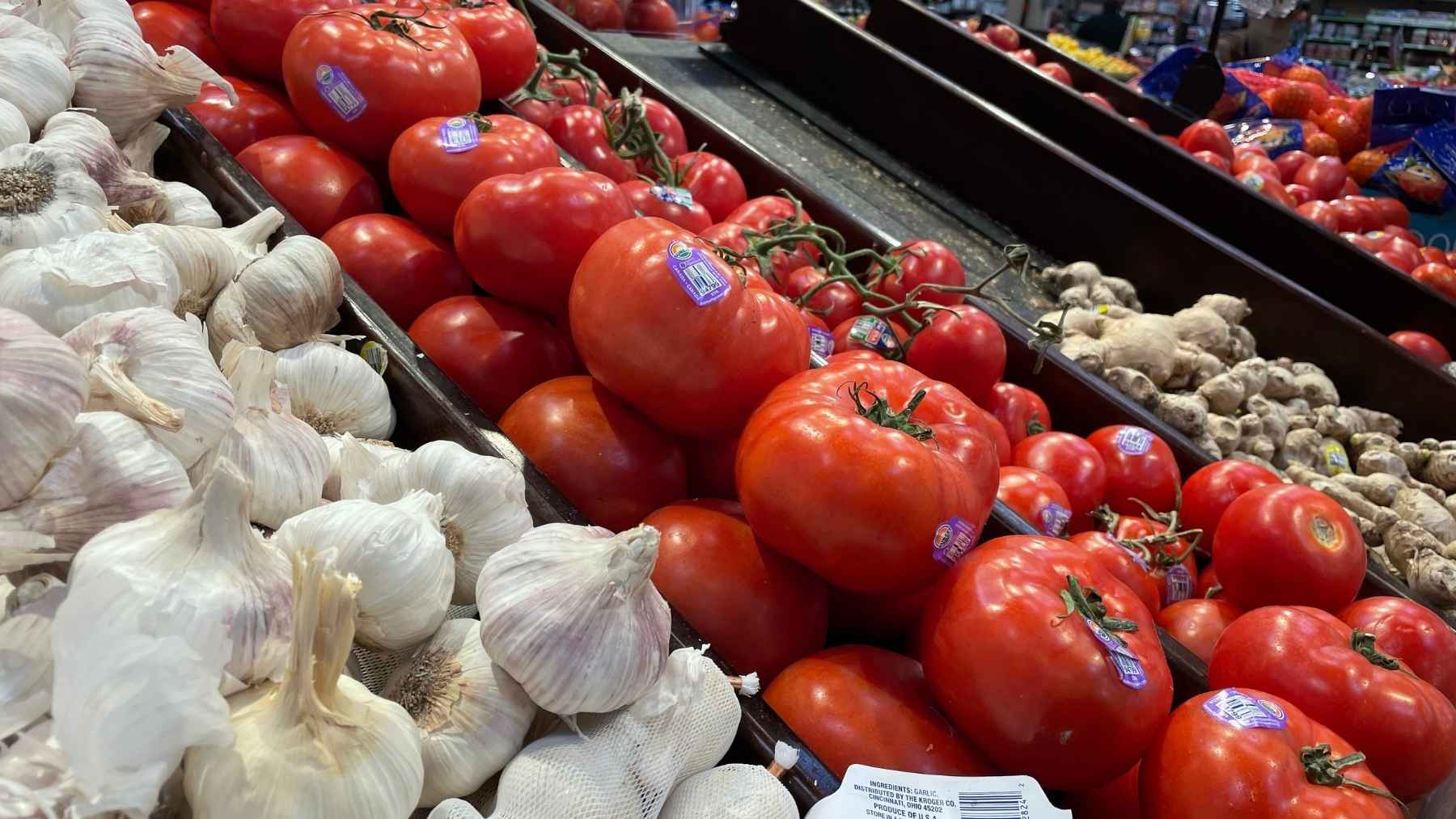A new food safety alert has hit the American South as the Food and Drug Administration (FDA) issues a Class I recall- it’s most serious warning level on a batch of potentially dangerous tomatoes. The affected states are Georgia, North Carolina, and South Carolina, and citizens in these states are advised to check the purchases they have made recently.
These tomatoes were distributed by Williams Farms Repack LLC and supplied by H&C Farms and are allegedly contaminated with Salmonella, a dangerous bacterium that can cause severe illness or even death.
Details of the Recall
The dangerous tomato recall was initially announced on May 2 and officially upgraded to the FDA’s highest recall level, Class I, on May 28. This act is used when there is a reasonable probability that consuming the product in question will result in serious health consequences or death. So far, no illnesses or deaths have been reported, but according to the federal officials, the risk is serious enough.
It is reported that the contaminated tomatoes were sold between April 23 and April 28 in Georgia, North Carolina, and South Carolina. They were later distributed to distributors and wholesalers and therefore likely to have ended in markets, restaurants, and grocery stores.
The Affected Tomato Products
The tomatoes being recalled were packaged under the H&C Farms Label and came in varied sizes and packaging. These are the labels and features consumers should look out for.
Lot Code R4467:
- 5×6 25lb
- 6×6 25lb
- Combo 25lb
- 4×4, 2-layer
- 4×5, 2-layer
- 60-count, 2-layer
- 60-count, 18lb loose
- XL, 18lb loose
- 3-count trays (UPC# 0 33383 65504 8)
Lot Code R4470:
- 6×6 25lb
- 60-count, 18lb loose
If you find out that you purchased any of the above tomatoes, dispose of or return them where you purchased them for a full refund.
Why the Recalled Tomatoes Are Dangerous
The tomatoes are infected with Salmonella, which is a bacterium known to cause foodborne illness. According to the Centers for Disease Control and Prevention (CDC), Salmonella can cause serious infections that can lead to death, especially in pregnant mothers, elderly adults, children, and people with weakened immune systems.
Symptoms of salmonella infection include fever, diarrhea, nausea, vomiting, and abdominal cramps. These symptoms can appear 12 to 72 hours after consumption. Although some people recover from salmonella infection without medical treatment, some cases can be severe, requiring hospitalization, while others can lead to long-term complications.
Growing Momentum Behind Product Calls
Besides this recall involving Williams Farms Repack LLC and H&C Farms, another tomato recall involving Ray & Mascari Inc. made headlines in early May. This recall was also because of a potential Salmonella contamination. These tomatoes were sold in 14 states, including Indiana, Michigan, Illinois, New York, and Pennsylvania. Since then, the recall has also been upgraded to class I by the FDA.
The recall of potentially harmful products is an indicator of the importance of food safety and rigorous testing protocols, especially with fresh produce. Salmonella bacteria can live for weeks in a dry environment and for months in wet conditions like those in freezers and refrigerators, making contamination a persistent concern.
Actions to Take If You’ve Been Exposed
If you or someone in your household has been exposed to the Salmonella bacteria, probably after consuming the tomatoes, and you start to experience the symptoms associated with salmonella infection, visit your healthcare provider immediately.
Getting treatment early can prevent serious complications, especially among individuals who are at high risk.
If you are not sure if the tomatoes you have at your home are part of the recall, err on the side of caution by disposing of them and sanitizing surfaces that the produce may have touched.
A Reminder to All Consumers
The FDA’s Class I recall is a serious warning that should not be ignored or taken lightly by all consumers. The allegedly contaminated tomatoes were distributed in Georgia, North Carolina, and South Carolina. If you purchased tomatoes in stores in these states, you should take immediate steps to ensure you are safe from a possible salmonella contamination.
Food safety is a shared responsibility, so stay informed, read alerts carefully, and share accurate information with others too.

